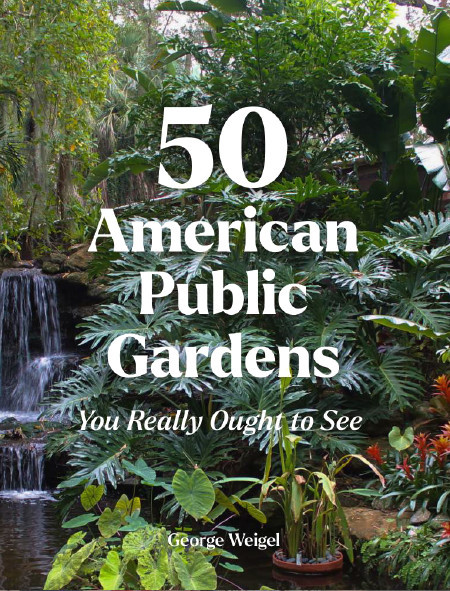Antidote to the Seed Goliaths
August 7th, 2018
In a scenic Finger Lakes valley best known for New York state wine, Petra Page-Mann and Matthew Goldfarb are growing home-garden seeds the old-fashioned way.
Their Fruition Seeds is a throwback to an earlier era when people got their seeds from small farmers growing varieties best suited to their home regions.
Like so many enterprises, that approach has been dying as bigger and bigger and fewer and fewer companies have replaced the smaller, regional operators.
These days, more than half of the world’s seed supply is controlled by just three mega-companies.
Germany’s Bayer AG last year merged with Monsanto to create one of them. American behemoths DuPont and Dow Chemical also merged to create a second (DowDuPont Inc.). And China’s state-owned ChemChina bought Swiss Syngenta AG to create a third.
Yesteryear’s small, independent and local seed producers are bit players more than ever.
Upstarts like Fruition are sort of a seed-throwing David, going up against a wall of Goliaths.
I got to see Fruition on our group tour in late July to Garden Walk Buffalo (America’s biggest garden tour) and came away impressed at Page-Mann’s passion.
Page-Mann, who got interested in seeds as a little girl collecting them from her father’s garden, invested her admittedly “not-much life savings” to start Fruition in 2013 along with Goldfarb, a former Cornell Extension educator. A $30,000 Kickstarter campaign helped open the little farm near Naples, N.Y.
The duo is throwing their hearts, souls, and lives into seeds because they’re convinced the pendulum needs to swing back the other way. This is their way of doing something.
Fruition’s seeds are grown organically, most are open-pollinated ones that can be saved by home gardeners, and many are heirloom varieties that are foregardeners had been growing for generations. None are genetically modified.
Page-Mann says flavor is the No. 1 selection factor. If it doesn’t taste good, a variety isn’t going to make it into Fruition packets.
Also important is good yield, disease-resistance (so gardeners don’t have to even think about spraying pesticides), and early-maturing varieties. Besides suiting the shorter growing season of the Northeast, early-maturing plants mean less time for things to go wrong in the garden.
What really sets Fruition apart, though, is that its varieties have to prove that they’re going to do well in the Northeastern climate and soils.
Page-Mann told us that the seed goliaths breed and select largely for what’ll work best for farmers in central California, who grow a huge chunk of the produce that ends up in American grocery stores. They’re also looking for varieties that will perform at least adequately over a large part of the world.
But what’s best for California farmers may not be best for home gardeners in New York or Pennsylvania or New England.
Northeastern home gardeners also don’t care about shippability or how well a crop looks or lasts on a supermarket shelf.
By focusing regionally, a producer like Fruition can trial and pick what does the absolute best in that region instead of what does OK everywhere. Trialing varieties and potentially new offerings is part of what Page-Mann and Goldfarb do on the Finger Lakes region farm.
Fruition and its small “collaborator” farms are now producing and selling about 300 varieties of vegetables, herbs, and flowers, including interesting choices such as peanuts adapted to colder regions, dwarf peas that are ideal for fall sowing, and a new tomato hybrid called ‘Brandywise’ that combines the flavor of taste-test heirloom champ ‘Brandywine’ with the blight and leaf-spot resistance of a variety developed at Cornell University.
She’s always on the lookout for great heirlooms worth keeping alive as well as creating new hand-pollinated hybrids that could become the heirlooms of tomorrow.
As Page-Mann says, “We think of seeds as books. It’s important that we have 500-year-old books and five-year-old books, but it’s also important that we continue to write new books constantly.”
You might have seen Fruition’s lineup at this year’s Philadelphia Flower Show. The company also had a booth a few years ago at the defunct Pennsylvania Garden Expo in Harrisburg.
Otherwise, the mail-order lineup is posted on the Fruition Seeds website. Most packs run about $3.25.









